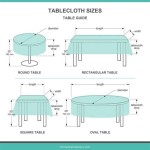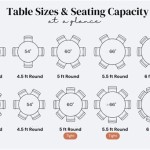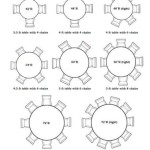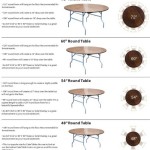A Comprehensive Guide to Research Papers: Essential Aspects
Research papers are a vital part of academic life, and they can be daunting to write. However, by understanding the essential aspects of a research paper, you can make the writing process much smoother. This guide will provide you with a comprehensive overview of the key elements of a research paper, from choosing a topic to writing the final draft.
1. Choosing a Topic
The first step in writing a research paper is choosing a topic. This is an important decision, as your topic will determine the scope of your research and the direction of your paper. When choosing a topic, there are several factors to consider:
- Your interests: Choose a topic that you are passionate about and that you find interesting. This will make the research and writing process more enjoyable.
- The scope of your paper: Make sure that your topic is narrow enough to be manageable within the scope of a research paper. A topic that is too broad will be difficult to research and write about in depth.
- The availability of resources: Ensure that there is enough information available on your topic to support your research. You should be able to find academic articles, books, and other resources that will help you develop your argument.
2. Research
Once you have chosen a topic, it is time to begin your research. This is the process of gathering information on your topic from a variety of sources. There are several ways to conduct research, including:
- Reading academic articles: Academic articles are a great source of information on specific topics. They are written by experts in the field and typically contain original research.
- Reading books: Books can provide a more comprehensive overview of a topic than academic articles. They can also be helpful for providing historical context and background information.
- Interviewing experts: Interviewing experts in the field can provide you with valuable insights and information that you may not be able to find elsewhere.
3. Developing an Argument
The next step in writing a research paper is developing an argument. This is the main point that you are trying to make in your paper. Your argument should be supported by evidence from your research.
To develop an argument, you need to first identify the research question that you are addressing. This is the question that your paper will answer. Once you have identified your research question, you can start to gather evidence to support your argument.
4. Writing the Paper
Once you have developed an argument, it is time to start writing your paper. The structure of your paper will depend on the specific requirements of your assignment, but there are some general guidelines that you can follow:
- Introduction: The introduction should provide background information on your topic and introduce your argument.
- Body: The body of your paper should present the evidence that supports your argument. Each paragraph should focus on a specific aspect of your argument.
- Conclusion: The conclusion should summarize your argument and restate your main points.
5. Revising and Editing
Once you have written a draft of your paper, it is important to revise and edit it carefully. This means checking for errors in grammar, spelling, and punctuation. It also means making sure that your paper is well-organized and that your argument is clear and concise.
Revising and editing can be a time-consuming process, but it is essential for producing a polished and professional paper.
6. Formatting
The final step in writing a research paper is formatting it according to the specific requirements of your assignment. This may include using a specific font, font size, and margins. It may also include creating a table of contents, footnotes, and bibliography.
Formatting your paper correctly will help it to look professional and make it easier for your reader to follow your argument.
Conclusion
Writing a research paper can be a challenging task, but it is also an important one. By understanding the essential aspects of a research paper, you can make the writing process much smoother and produce a paper that is well-written and informative.

How Long Should A Research Paper Be An Ultimate Guide To Length

Effective Use Of Tables And Figures In Research Papers Enago Academy

Criteria For Good Qualitative Research A Comprehensive Review The Asia Pacific Education Researcher

Guidelines For Reports College Of Business And Economics

Papers And Patents Are Becoming Less Disruptive Over Time Nature

A Dataset Describing Data Discovery And Reuse Practices In Research Scientific

How To Find Out If Your Research Is Highly Cited Enago Academy

How To Cut Quarter Round 8 Steps With Pictures Wikihow
Social Media Ytics The Complete Guide Sprout

How To Cut Quarter Round 8 Steps With Pictures Wikihow
Related Posts








